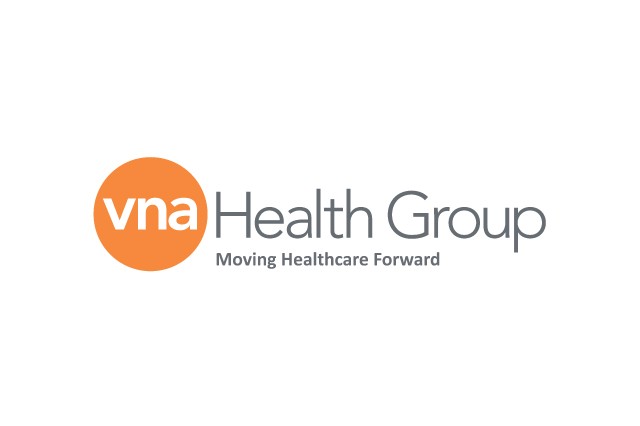Patient Safety Awareness Week: Why Safety is the Number 1 Priority?
Patient Safety Awareness Week is an annual recognition event that encourages people to learn more about healthcare safety. There have been major strides made in patient safety over the past two decades, but medical harm still remains a leading cause of death worldwide. It’s clear there is still work to be done.
According to the World Health Organization, 134 million adverse events occur in hospitals in low- and middle-income countries due to unsafe care every year. Globally, as many as 4 out of 10 patients are harmed in primary and outpatient health care, with the most detrimental being misdiagnoses and the improper use of medication. Up to 80% of these cases are preventable.
What Does Patient Safety Entail? What Medical Errors Does it Avoid?
Preventing harm in healthcare is a public health concern, as everyone interacts with the healthcare system at some point. The purpose of patient safety is to reduce risks, errors and harm that can occur to patients while receiving medical care.
Some of the most common causes of medical harm include:
- Medication errors
- Diagnostic errors
- Healthcare associated infections
- Unsafe surgical care procedures
- Unsafe injections practices
- Sepsis
- Blood clots
- Radiation errors
Best Ways to Improve Patient Safety
Patient safety is tied to the patient experience and health outcomes. Here are some of the best ways physicians can improve patient safety:
- Use monitoring technology. Monitoring technology can help doctors and nurses keep on top of patient needs. For example, bed alarms can notify them if a patient falls out of bed. A barcode system can verify patient medication.
- Ensure patients understand their treatment. Not all responsibilities fall on the healthcare provider. Patients should also be properly informed on their care. A great strategy is to ask patients to restate what was told to them.
- Follow hand washing procedures. The CDC states that handwashing is one of the best ways to stop the spread of germs and prevent infections. Proper hand washing techniques should always be practiced.
- Promote a team atmosphere. Each and every member of a staffing team plays a role in maintaining patient safety. Medical practices should emphasize teamwork, transparency and honesty to prevent errors.
VNA Health: Our Commitment to Patient Safety
At VNA Health, patient safety is a top priority for us. We realize that we are working with vulnerable individuals and their families and we aim to keep everyone feeling safe and secure. We are accredited by CHAP, licensed by the state of New Jersey and have over 100 years of experience. You or your loved one is in the best hands with us! Contact us today to learn more about our commitment to patient safety.



